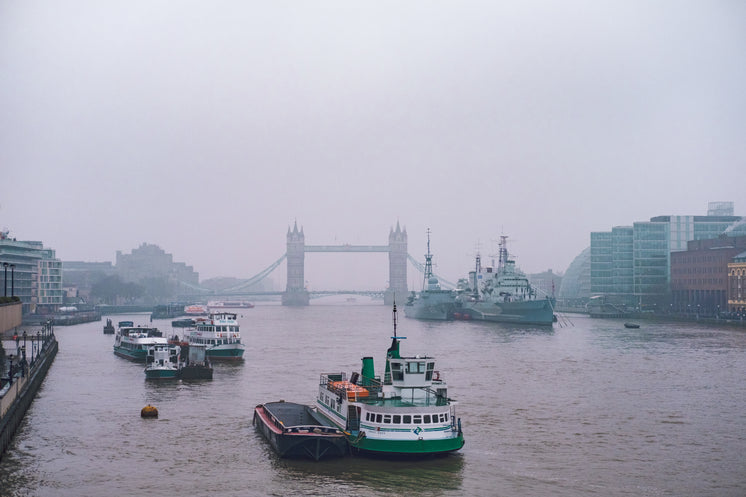
Coral Slots 365
Add a review FollowOverview
-
Founded Date March 28, 1912
-
Sectors Restaurant
-
Posted Jobs 0
-
Viewed 8
Company Description
Coral Slots Mobile Adjustments: 5 Actionable Ideas

Coral Slots: Understanding the Importance of Marine Life Conservation
Coral reefs are some of the most beautiful and diverse ecosystems on Earth, providing habitats for countless species of marine life. One of the most important aspects of coral reef conservation is protecting coral slots, which are shallow depressions in the coral that provide shelter and breeding grounds for various marine organisms. In this article, we will explore the importance of coral slots and what you can do to help protect them.
What are Coral Slots?
Coral slots are natural cavities or indentations found on coral reefs. These depressions can range in size from a few centimeters to several meters in diameter and can be found on both hard and soft corals. They are created by a variety of factors, including physical erosion, chemical weathering, and biological activity.
Coral slots provide important habitats for a wide range of marine organisms, including fish, sea turtles, sponges, and other invertebrates. If you adored this article and also you would like to get more info relating to log into coral kindly visit our site. These creatures use the sheltered environment of coral slots to breed, grow, and find food.
Why are Coral Slots Important?
Coral slots are essential for maintaining the overall health of coral reefs. They provide important habitats for a variety of species, which in turn help to maintain the delicate balance of the ecosystem. By protecting coral slots, we can ensure that these vital ecosystems continue to thrive and support the diverse range of life that calls them home.
However, coral slots are under threat from a variety of human activities, including overfishing, pollution, and climate change. These threats can lead to the loss of habitat for marine organisms, which in turn can have serious consequences for the health of coral reefs.
What Can You Do to Help Protect Coral Slots?
There are many ways that you can help protect coral slots and support the conservation of coral reefs. Here are a few suggestions:
- Reduce your carbon footprint: Climate change is one of the biggest threats facing coral reefs, and reducing your carbon footprint is an important step in helping to mitigate its effects. This can include using public transportation or biking instead of driving, eating less meat, and reducing your energy consumption at home.
- Support sustainable fishing practices: Overfishing can have a devastating impact on coral reefs, and supporting sustainable fishing practices is an important way to help protect these vital ecosystems. This can include choosing seafood that is sustainably sourced and avoiding products like shark fins and turtle eggs.
- Reduce pollution: Pollution from land-based sources can have a significant impact on coral reefs, and reducing your own contribution to this problem can help to protect these ecosystems. This can include properly disposing of hazardous waste, using eco-friendly cleaning products, and avoiding activities like littering or using pesticides near waterways.
- Support conservation efforts: There are many organizations working to protect coral reefs and their habitats, and supporting these efforts is an important way to help ensure that these ecosystems continue to thrive. This can include donating to conservation organizations, volunteering your time or resources, or simply spreading awareness about the importance of coral reef conservation.
Conclusion
Coral slots are an essential part of the complex ecosystems that make up coral reefs, providing important habitats for a wide range of marine organisms. By protecting these valuable ecosystems, we can help to ensure that they continue to thrive and support the diverse range of life that calls them home. With a little effort and dedication, we can all play a role in protecting coral slots and supporting the conservation of our world’s most beautiful and diverse ecosystems.

